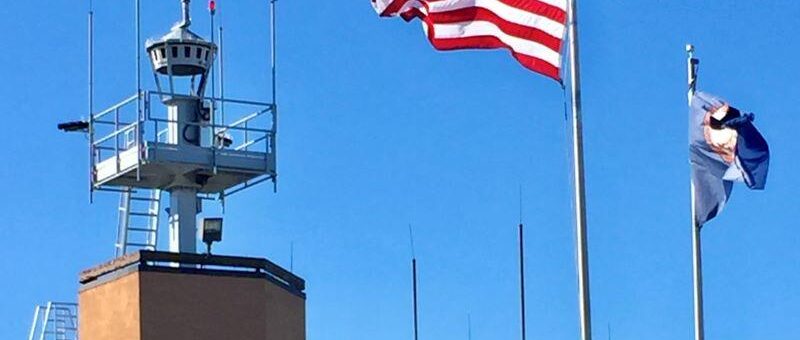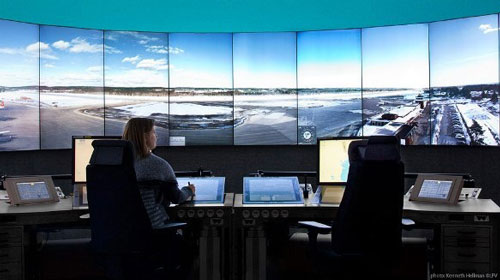
Remote Tower at Leesburg Executive Set to Close
VA – A remote tower designed by Saab began operating at Leesburg Executive Airport in 2015. The program has been operational for 10 hours per day since then, recording more than 75,000 takeoffs and landings at the airport annually.
In September 2021, the FAA conducted an extensive air traffic operational evaluation of the Saab system installed at the airport and concluded the Leesburg Remote Tower System was “operationally viable.” This was a step in the right direction toward Saab receiving System Design Approval status for its remote tower equipment configuration. However, this approval path became complicated when the FAA released draft technical requirements and a design approval process for new remote tower systems in July 2021, a process that requires new systems to be certified through the FAA remote tower test bed at the William J. Hughes Technical Center in Atlantic City, New Jersey. While Saab’s system significantly predates the new FAA technical requirements, the agency expected Saab to go through the approval process as if it were a new system.

Saab decided not to pursue approval, effectively ensuring the system’s removal from Leesburg Executive Airport.
In a letter to acting FAA Administrator Billy Nolen, AOPA President Mark Baker expressed concerns with the upcoming remote tower closure, reiterating safety as the top priority. “It is very concerning that the FAA would move in this direction, especially given the substantial increase in traffic in and around Leesburg airspace. The decision to have no tower doesn’t make sense, and I strongly encourage the FAA to reconsider its position given the safety implications,” said Baker. “I have visited the remote tower in Leesburg and found it imposing.”
In a March 2023 response to Leesburg Mayor Kelly Burk’s concerns about ceasing remote tower services, the FAA defended the decision to withhold certification of Saab’s system until these new safety and technical standards are met. “With Saab’s decision to cease pursuit of this required approval, the FAA has determined that continued use of this unapproved system poses an unacceptable level of risk to all users, especially as the timeline and likelihood for the approval for a future Saab system remain unknown,” said John Maffei, acting director of the NextGen Portfolio Management and Technology Development Office at the FAA.
Removal of the remote tower is scheduled for June 14, but AOPA, Leesburg pilots and community members are looking for a path forward to maintain ATC at the busy airport. The priority is delaying the remote tower’s closure to give more time for a long-term, safe solution to be cemented. If a delay is not possible, the next viable solution would be for the FAA to accelerate and prioritize efforts to implement a temporary tower to provide ATC until a permanent tower can be built.
Leesburg is unique compared to most GA airports across the United States because of its high traffic volume and airspace restrictions. The airport lies within the Washington, D.C., Special Flight Rules Area, and the tower provides a vital communication link and pilot resource for airspace restriction clarifications in this busy area. However, an increased traffic count over recent years, the complex airspace, and pilots’ adaptation to the presence of a control tower could reduce safety when the tower closes.
AOPA continues to have discussions with the FAA and Saab, expressing pilot concerns and working toward a safe solution for pilots flying in and around Leesburg Executive Airport.